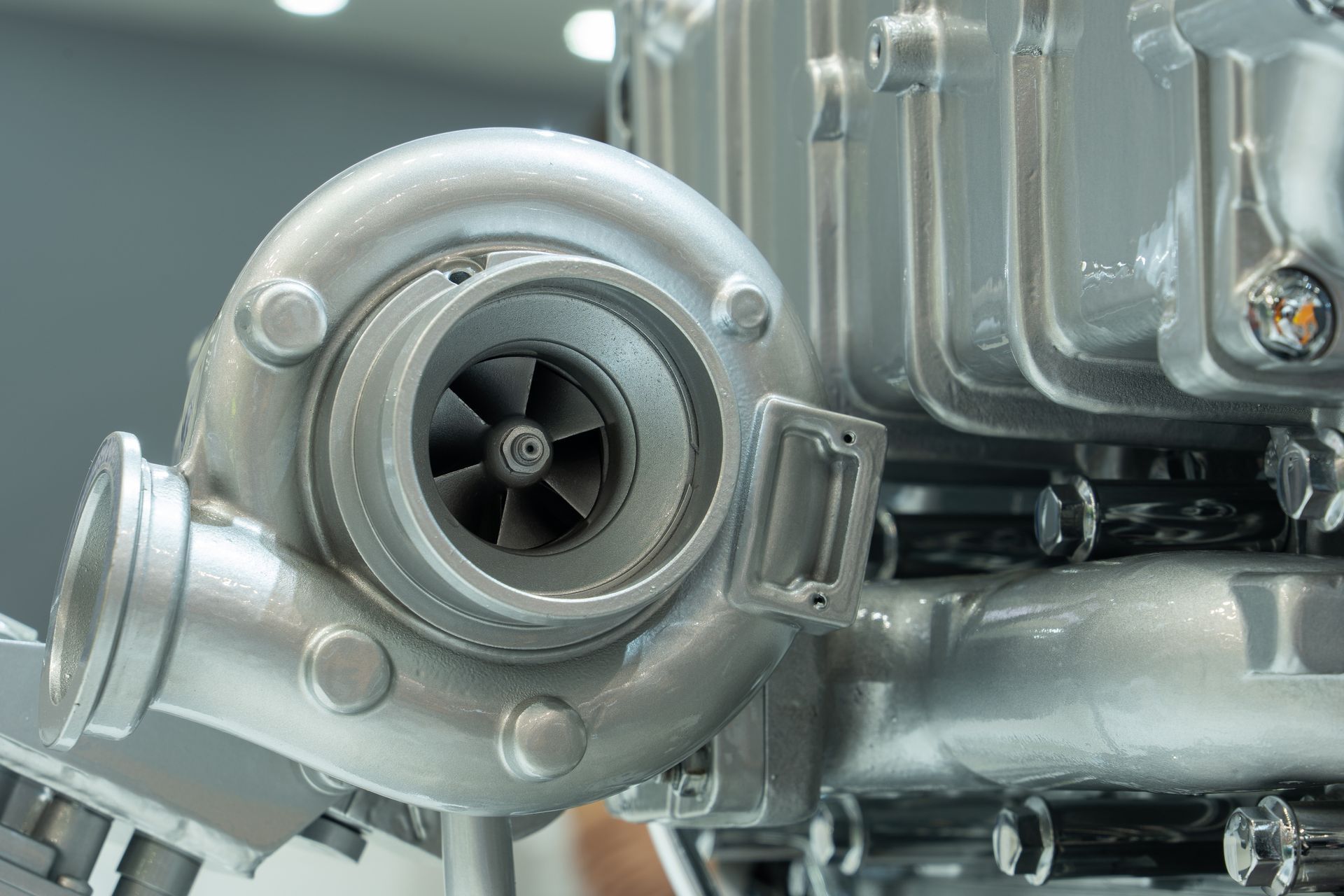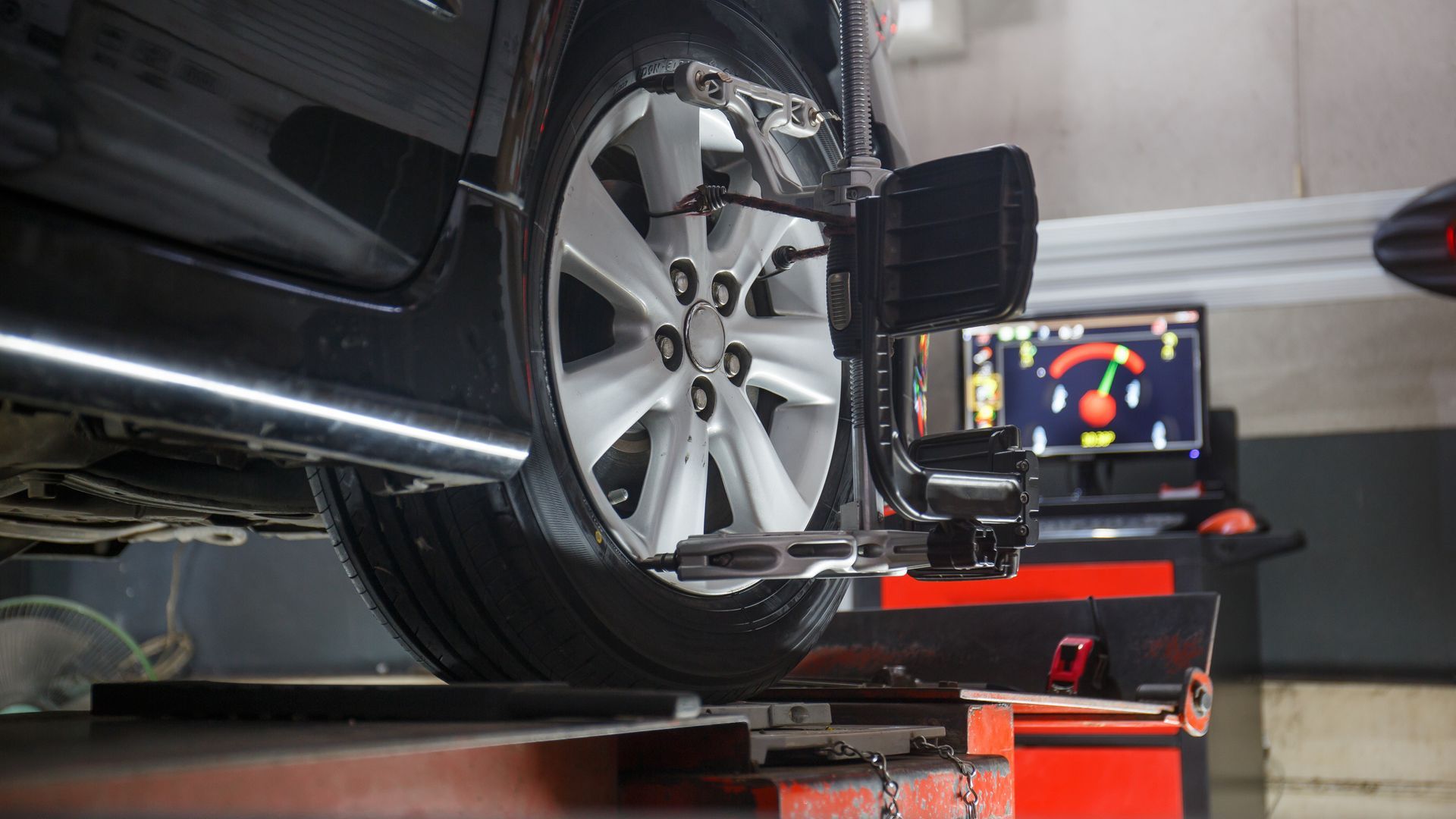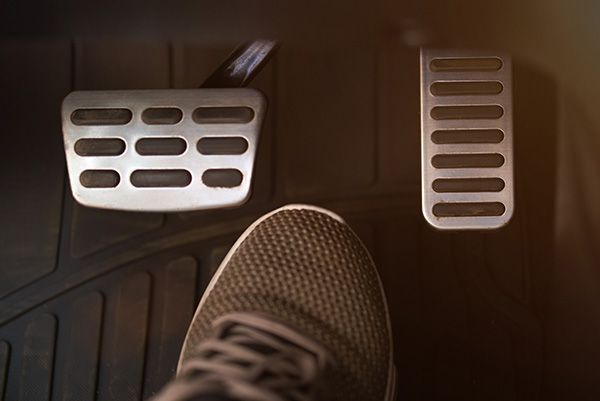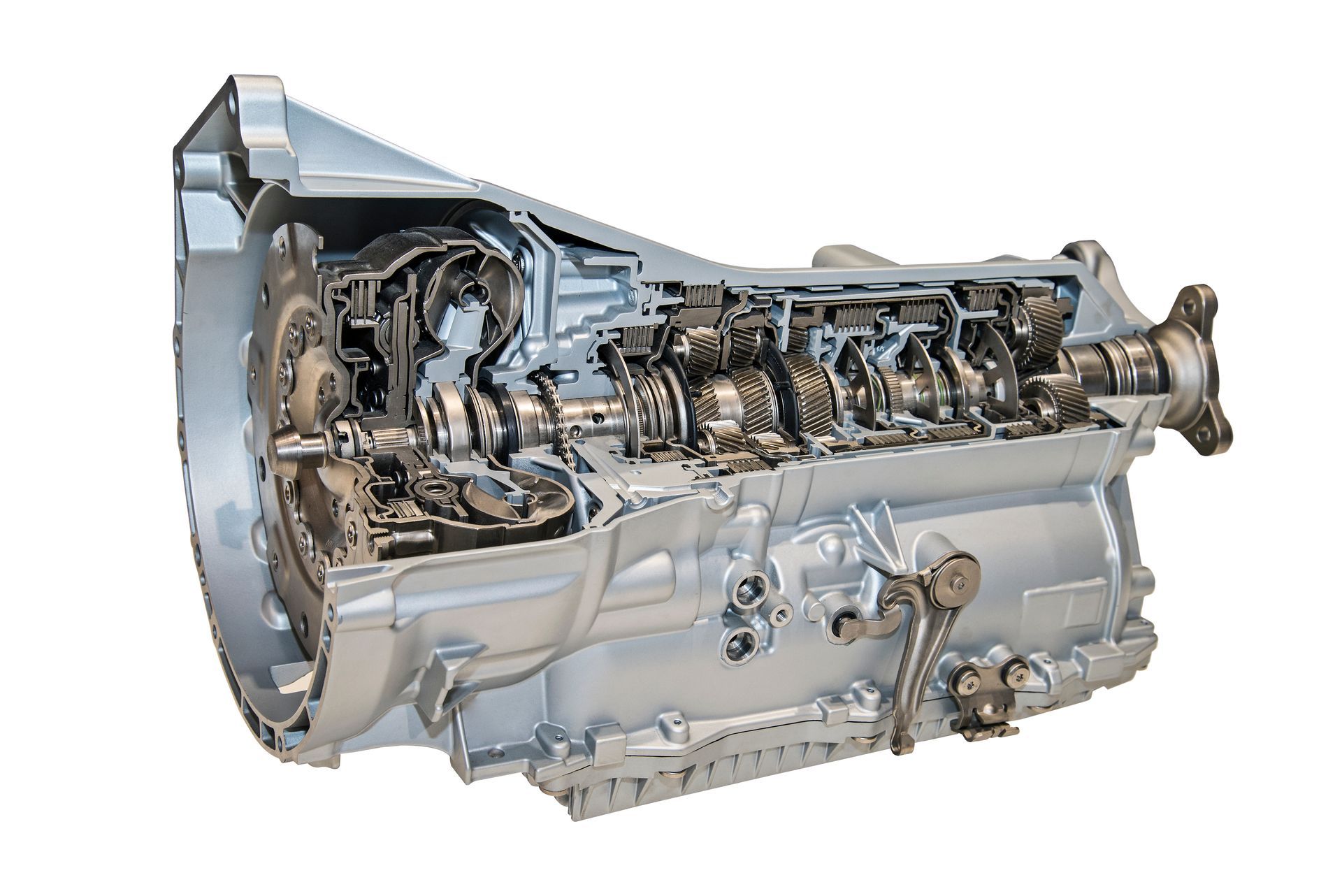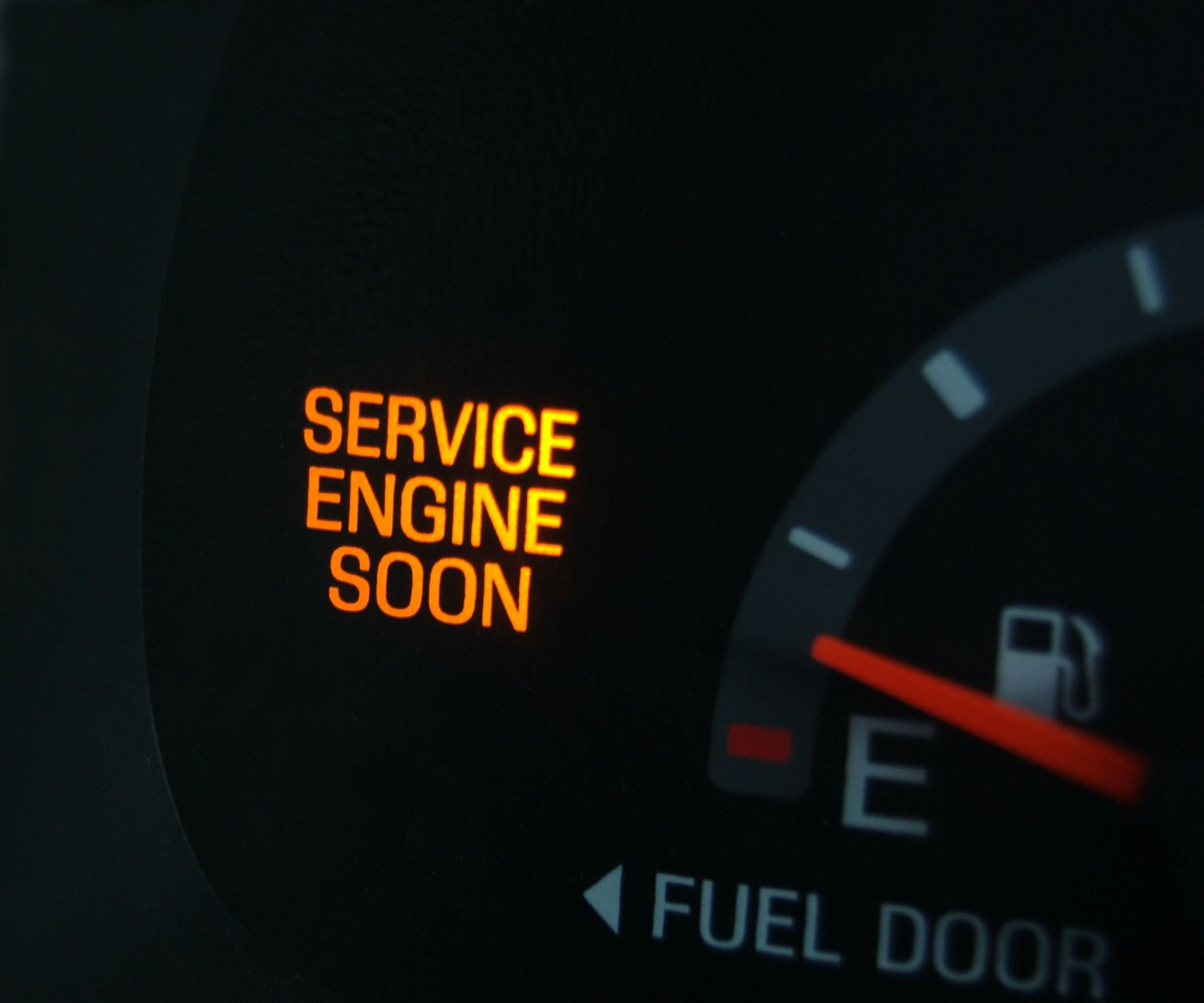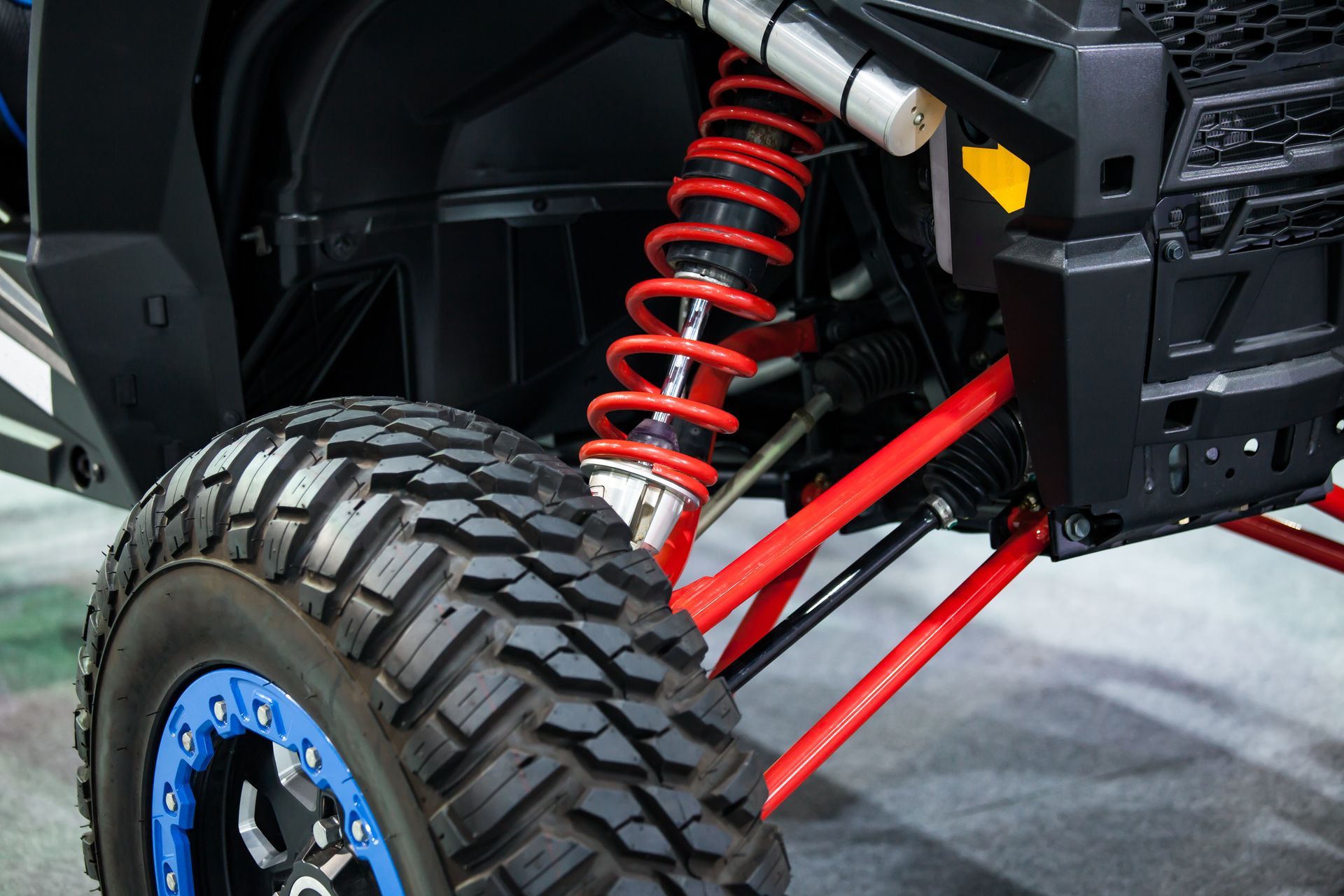The dreaded check engine light is one of car owners' most common and frustrating issues. It can illuminate for a variety of reasons, ranging from minor issues to serious problems that require immediate attention. Understanding what triggers this warning light and knowing how to address the underlying issues can save you time, money, and stress. We'll explore the most common causes of a check engine light and provide practical tips on how to fix them.
Common Causes of a Check Engine Light
1. Loose or Faulty Gas Cap
One of the simplest and most overlooked causes of a check engine light is a loose or faulty gas cap. The gas cap seals the fuel system and maintains pressure. If it's not properly tightened or if it's damaged, it can cause the fuel system to malfunction, triggering the check engine light. To fix this, simply check the gas cap and ensure it's tightly secured. If the light persists, consider replacing the gas cap with a new one.
2. Oxygen Sensor Malfunction
The oxygen sensor monitors the amount of unburned oxygen in the exhaust and sends this information to the car's computer. When the oxygen sensor fails, it can lead to increased fuel consumption and higher emissions. Replacing a faulty oxygen sensor is crucial for maintaining optimal engine performance and fuel efficiency. A professional technician can quickly diagnose and replace the faulty sensor.
3. Catalytic Converter Issues
The catalytic converter is a critical component of your car's exhaust system, converting harmful gasses into less harmful emissions. If it's not functioning correctly, it can trigger the check engine light. Catalytic converter issues are often caused by neglecting other engine problems, such as a faulty oxygen sensor or engine misfires. Fixing these underlying issues can often resolve catalytic converter problems. In severe cases, however, the converter may need to be replaced.
4. Mass Airflow Sensor Failure
The mass airflow sensor measures the amount of air entering the engine and helps determine how much fuel to inject. A failing mass airflow sensor can cause poor engine performance, decreased fuel efficiency, and increased emissions. Cleaning or replacing the mass airflow sensor can often resolve this issue. Regular maintenance, such as changing the air filter, can also help prevent sensor problems.
5. Ignition System Problems
Issues with the ignition system, including spark plugs, ignition coils, and wiring, can trigger the check engine light. Worn-out spark plugs or faulty ignition coils can lead to engine misfires and reduced performance. Regularly replacing spark plugs and inspecting the ignition system can prevent these problems and keep your engine running smoothly.
How to Diagnose and Fix Check Engine Light Issues
Use an OBD-II Scanner
An On-Board Diagnostics II (OBD-II) scanner is a valuable tool for diagnosing check engine light issues. This device plugs into your car's diagnostic port and retrieves error codes from the vehicle's computer. These codes can help identify the specific problem triggering the light. Many auto parts stores offer free OBD-II scanning services, or you can purchase a scanner for personal use.
Address Minor Issues Promptly
Minor issues, such as a loose gas cap or a dirty air filter, are easy to fix and should be addressed promptly to prevent more significant problems. Ignoring these minor issues can lead to more severe damage and higher repair costs down the road.
Seek Professional Help for Complex Problems
While some check engine light issues can be resolved with basic maintenance and repairs, others may require professional expertise. Complex problems, such as catalytic converter failure or major engine malfunctions, should be diagnosed and repaired by a certified technician. A professional can accurately identify the issue, perform necessary repairs, and ensure your vehicle is safe to drive.
Preventive Measures to Keep the Check Engine Light Off
Regular Maintenance
Regular vehicle maintenance is key to preventing check engine light issues. Follow the manufacturer's recommended maintenance schedule, which typically includes oil changes, air filter replacements, and spark plug inspections. Keeping your car in good condition can prevent many common problems that trigger the check engine light.
Pay Attention to Warning Signs
Be attentive to any unusual sounds, smells, or performance issues with your vehicle. Early detection of potential problems can prevent them from escalating into more significant issues. Addressing minor concerns promptly can help keep the check engine light off and ensure your car runs smoothly.
Use Quality Fuel and Parts
Using high-quality fuel and replacement parts can also prevent check engine light issues. Poor-quality fuel can lead to engine deposits and reduced performance, while substandard parts may fail prematurely. Invest in quality products to maintain your car's reliability and performance.
Don't ignore that check engine light! Bring your vehicle to
NC Complete Auto Care for a comprehensive inspection and professional repairs. We'll ensure your car is in top condition so you can drive with confidence.




